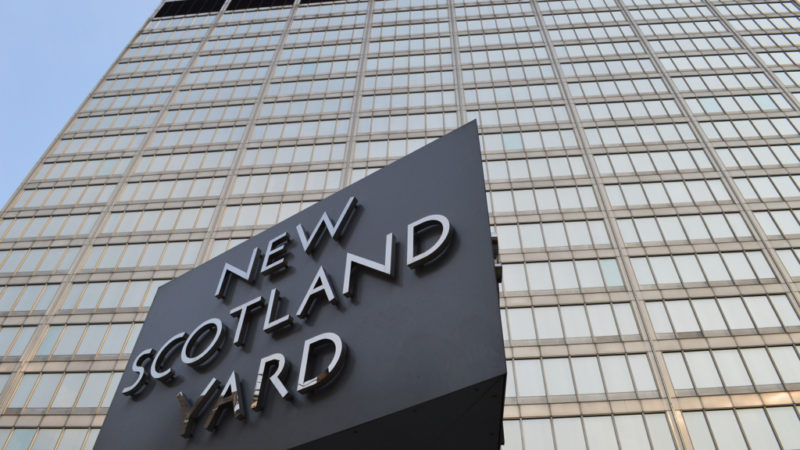The government must ensure journalists' sources are protected.

On Thursday, the House of Commons passed the Covert Human Intelligence Sources (CHIS) Bill. Its scope is breath-taking. This should be a cause for concern for everyone who believes in open government, restrained by law.
In its ambiguity, not only could crimes including torture, murder and sexual abuse be sanctioned by the state, but the very fabric of our democracy faces being undermined by overriding legal protections on press freedom.
It would be far to say that this government is no friend of scrutiny or accountability. Within the last year, the Conservatives have delayed a report into Russian interference in our democracy, displayed hostility to both the civil service and the independence of our courts, and even prorogued the UK’s parliament to avoid democratic accountability.
Against such a backdrop, this government has given us the right to be wary and underlined the importance of the free press in ensuring accountability of government. Yet the CHIS bill threatens this very pillar by opening up potential backdoors to access confidential journalistic material and sources.
Currently, access to journalistic material is protected by the Investigatory Powers Act and the Police and Criminal Evidence Act, which require prior judicial authorisation or a production order respectively before either the judicial commissioner or a criminal investigation can access journalistic material. The maintenance of these two processes following the CHIS Bill has not yet been confirmed by the UK government.
More importantly, as clearly noted by the National Union of Journalists, the CHIS Bill could create a backdoor by which government bodies could use the authorisation of criminal activities to access confidential journalistic sources or material as part of an operation. Even if such authorisation were to be reviewed after the event, this would be insufficient as, after all, you can’t retrospectively protect such information once it’s been accessed.
The danger this poses to journalists and their sources, let alone the wider health of our press, democracy or international standing, cannot be understated. After all, the right to protect journalistic sources is protected by international law and recognised by bodies including the United Nations.
As a former newspaper reporter, I fear what impact this Bill will have on our media freedom.
Plaid Cymru and I welcomed the government’s decision to remedy the previous murky arrangements around these powers, and to bring clarity through legislation. Yet we must be careful of the risks of created a false dichotomy around methods of national security and what this Bill means for our democracy.
It is telling that the National Union of Journalists is just one of a whole host of bodies, including fourteen trade unions and human rights bodies such as Amnesty International UK, concerned by the sheer scope and scale of this Bill which represents a chilling downturn in the power, and accountability, of the UK government. Yet the UK government is getting away with shoddy legislation almost without political opposition.
Facing a Conservative government defined not only by its incompetence but also its disregard, even disdain, for the existing rules-based order, it is no doubt tempting for Labour’s leadership to present itself as the moderate middle for people tired by years of chaos. Yet in putting appearance before values, by abstaining on crucial votes, the Labour leadership is failing in its fundamental duty to scrutinise legislation and provide effective opposition. Bad scrutiny means bad laws.
Evidence of this was none more galling than when a Labour MP went so far as to argue that the Bill would actually strengthen human rights. This not only shows a reckless disregard by Labour for the historical abuses in Northern Ireland which brought these powers to the courts and into the legislative agenda, but also the potential safety and security of journalists, trade union officials and individuals across the UK.
Protecting press freedom is therefore not only a fight for the rights of journalists, but also for the health of our wider democracy. Compromising press freedom, and its role in informing our country and ensuring accountability, would itself represent an attack on the health of our democracy and therefore our national security.
It is therefore clear that the CHIS Bill represents a significant risk not only to journalists but also a wide range of civil society upon which the health of our democracy depends. Opposing this Bill until there is clarity and security in the protections it offers our society is the only responsible thing to do for our democracy and the people it serves.
Liz Saville Roberts is the Plaid Cymru MP for Dwyfor Meirionnydd
To reach hundreds of thousands of new readers we need to grow our donor base substantially.
That's why in 2024, we are seeking to generate 150 additional regular donors to support Left Foot Forward's work.
We still need another 117 people to donate to hit the target. You can help. Donate today.



